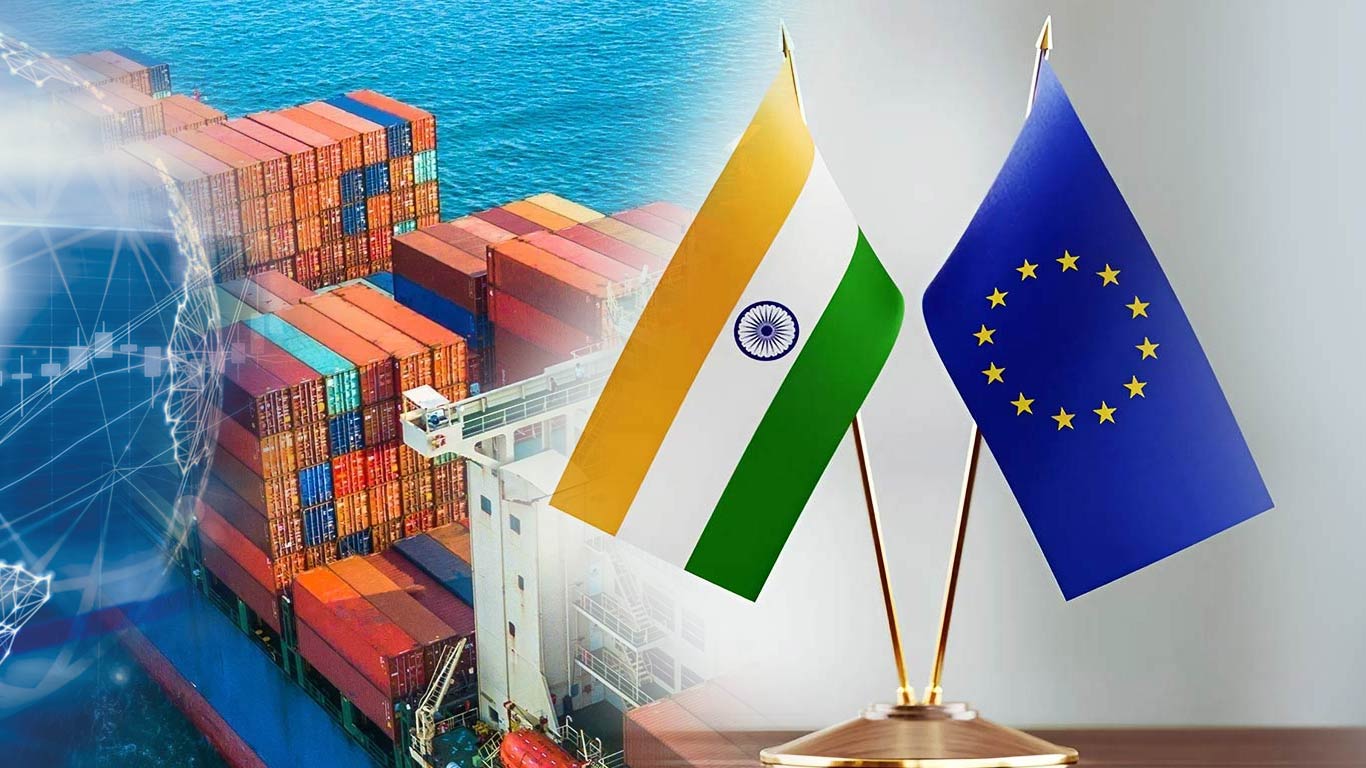
Latest round of India-EU FTA talks see limited progress, ‘better clarity’ on industrial, farm goods
NEW DELHI : The 13th round of talks between India and the European Union for the proposed trade deal has seen little progress in sensitive sectors such as automotives and agricultural products, though both sides have cited better clarity on their market access demands for industrial and farm goods.
“…the high-level interventions with Indian authorities were useful to better understand each side’s position but did not allow to make sufficient progress in sensitive areas such as automotives and agricultural products,” a European Commission report said on September 23.
In certain outstanding areas, specifically on rules of origin, SPS (Sanitary and Phytosanitary Measures) and investment, “some progress” was reached, but no additional chapters were closed during the thirteenth round of talks.
“While some progress was made in certain outstanding areas, in particular on rules of origin, SPS and investment, no additional chapter could be closed this time. Still, negotiators managed to reach better clarity on their respective offensive and defensive interests in market access for goods, both on industrial and agriculture sectors, and in-depth discussions were held based on the market access offers for services and investment that had been exchanged in July.,” the report added.
The thirteenth round of EU-India free trade agreement (FTA) negotiations took place in New Delhi during September 8-12, with two additional days of technical sessions on Rules of Origin held on September 13-14.
The EU’s Commissioner for Trade and Economic Security Maroš Šefčovič had joined the thirteenth round of negotiations along with Christophe Hansen, Commissioner for Agriculture and Food from September 12.
The fourteenth round of talks will now be held in Brussels, from October 6, 2025.
In February 2025, India and the EU decided to ramp up talks for the proposed free trade agreement, targeting to close it by the end of 2025 to tide over ongoing disruptions from volatile trade policies.
Moneycontrol had reported earlier that India will stick to the stance of keeping dairy and key agricultural products out of trade deals in talks with the EU. Recent agreements with Switzerland, Norway, Australia and the United Kingdom have also excluded the dairy sector and crucial farm products.
And, on automobiles, India is said to have offered some import duty concessions on high-end cars from the EU as part of the FTA.
Progress on key India-EU FTA chapters
Outstanding issues around eliminating or reducing tariffs on certain goods as a part of the free trade agreement will require high-level interventions, while good progress was made on rules of origin with both sides agreeing to four articles under the origin determination section, the report said.
On the Product Specific Rules (PSRs) under the Rules of Origin, India and tthe EU are yet to agree on important sectors including agriculture, chemicals, machineries, steel and cars.
The report further said that only a limited number of issues remain to be agreed upon by the two sides in the chapter on Technical Barriers to Trade, including trade-facilitating measures addressing Quality Control Orders (QCOs).
Negotiators also discussed the automotive and pharma Annexes, on which both sides are still far apart. Although some progress was achieved on a possible mechanism to avoid the duplication of tests for some automotive standards, negotiators have yet to converge on a concrete solution, the report added.
Substantial differences remain in the chapter pertaining to Trade and Sustainable Development, while several provisions have been finalised in the Trade in Services text with only a few remaining issues to be resolved that are critical for the EU.

